The Library is continually adding new books to its collection. Below are the titles from our July 2015 New & Noteworthy list.
Check out and delivery of New & Noteworthy titles is available to legislative staff in Capitol and District offices. To arrange check out and delivery of any of these items, you can submit an online request through the New & Noteworthy page on our website or contact the library at 512-463-1252.
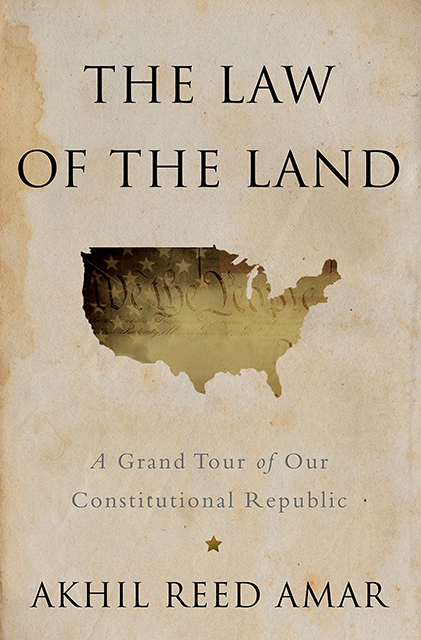
1. The Law of the Land: A Grand Tour of Our Constitutional Republic
By Akhil Reed Amar
Tells a national story of the United States Constitution through the window of individual states and regions on issues such as civil rights and the Second Amendment. Argues that states are "legal and political building blocks" for federal institutions and ideas. Offers a "Lone Star view" of presidential selection and succession in a chapter on Texas, including the "JFK-LBJ Amendment" after the Kennedy assassination, the presidencies of George H.W. Bush and George W. Bush, and the 2016 presidential campaign.
Basic Books, 2015, 357 pages
342.73 AM13 2015
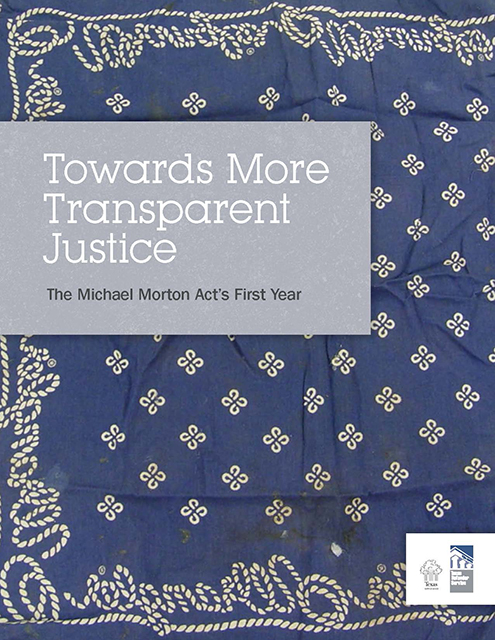
2. Towards More Transparent Justice: The Michael Morton Act's First Year
By Texas Appleseed and Texas Defender Service
Evaluates the implementation of the Michael Morton Act with a goal of discovering any obstacles to a defendant seeking access to discovery material. Seeks to identify best practices that may help ease the transition process for district and county attorney offices. Discovers a number of issues with implementation of the Act but notes resolution should come as offices streamline their processes for reviewing and prosecuting cases and defendants litigate their access to specific materials.
Texas Appleseed, 2015, 47 pages
345.73 T65M 2015
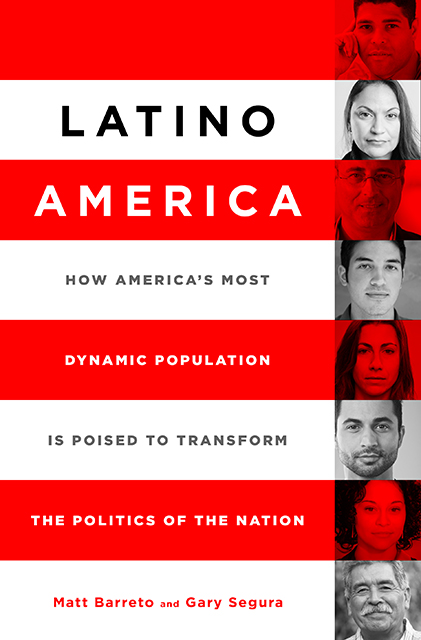
3. Latino America: How America’s Most Dynamic Population is Poised to Transform the Politics of the Nation
By Matt Barreto and Gary M. Segura
Evaluates how a growing Latino population, which will inevitably become the majority racial/ethnic group in many states, including Texas, will affect social issues, both culturally and politically. Analyzes the growing role that Latinos play in the changing American political landscape. Explores diverse attitudes among Latinos on social, governmental, and economic issues, and argues against a tendency to regard Latinos as a homogeneous group, especially when it comes to politics.
PublicAffairs, 2014, 286 pages
323.1 B275 2014
4. The State of the States in Intellectual and Developmental Disabilities
By David L. Braddock, et al.
Provides a state-by-state breakdown of funding and services provided to individuals with cognitive disabilities. Highlights data regarding the number of people residing in public and private institutions (focusing on the trend of some states closing state-run institutions), funding levels for community services and supports, and factors driving demand for services among different populations. Includes state profiles detailing information on persons by living setting, sources of funding (funding/state/local), and fiscal effort (institutional services v. community/family services). Offers an argument for increased funding to enhance access to technology for individuals with cognitive disabilities in the appendix, “The Rights of People with Cognitive Disabilities to Technology and Information Access".
American Association on Intellectual and Developmental Disabilities, 2015, 217 pages
362.4 B729S 2015
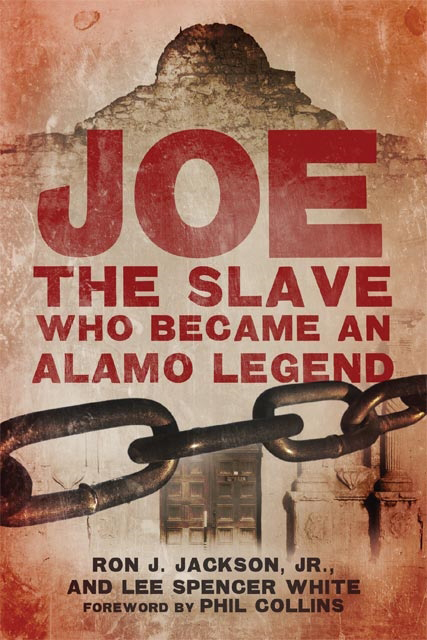
5. Joe the Slave Who Became an Alamo Legend
By Ron Jackson Jr. and Lee Spencer White
Provides a fascinating new perspective on a survivor of the battle of the Alamo who has remained in relative obscurity. Chronicles the life of Joe, Colonel William Travis’ slave, who was released by Santa Anna, told his story to the Texas Cabinet, and disappeared. Discusses new evidence that Joe was the brother of a famous abolitionist, William Wells Brown, and the grandson of Daniel Boone.
University of Oklahoma Press, 2015, 325 pages
976.4 J137 2015
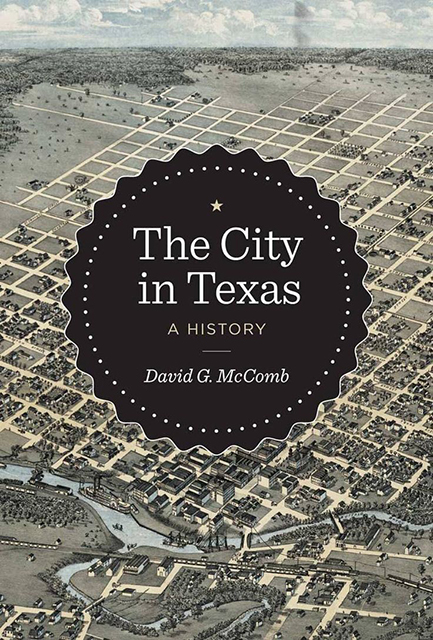
6. The City in Texas: A History
By David G. McComb
Presents Texas history from an urban point of view, placing the development of Texas cities within their historical context, and identifying how they developed the necessary ingredients of survival: access, purpose or reason for being, and water. Demonstrates how the Texas shift from rural to urban is essential to understanding the state's history and its contemporary character. Emphasizes that 88 percent of Texans live in cities, compared with 82 percent of the United States as a whole, and that these cities have been incubators of innovation and achievement.
University of Texas Press, 2015, 342 pages
307.76 M134C